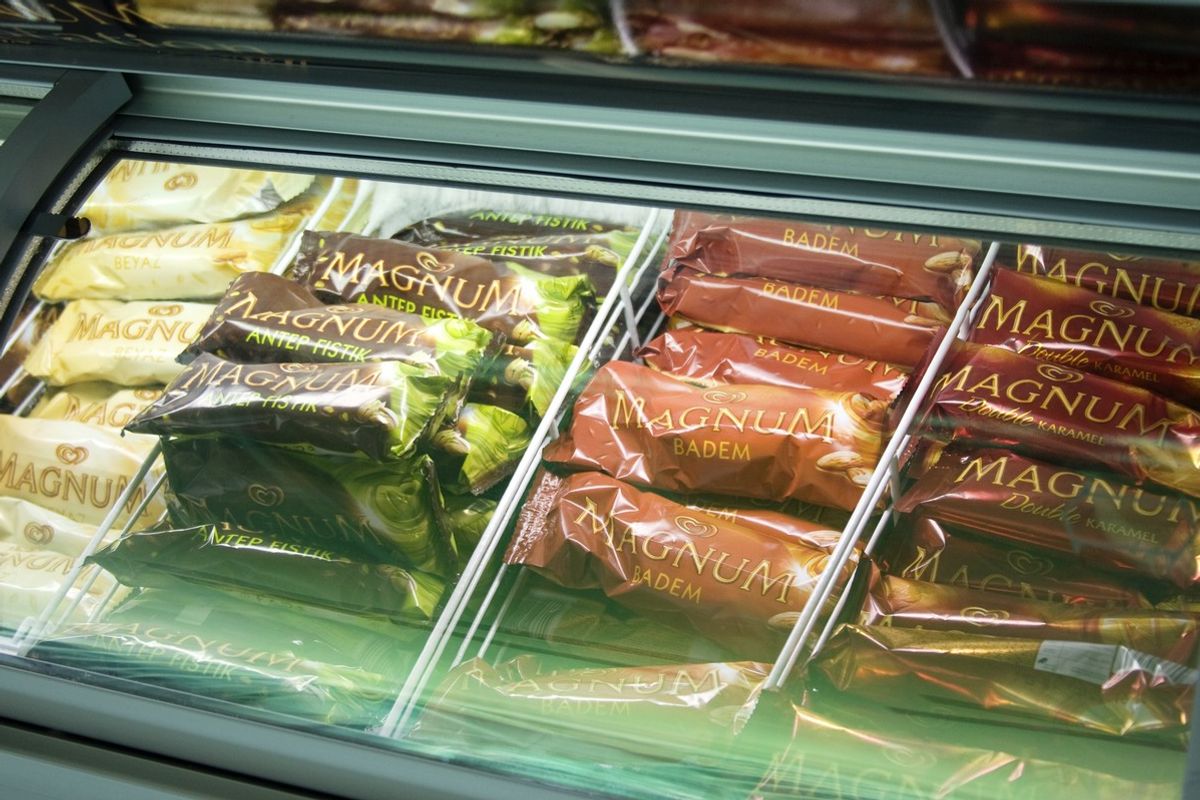- Sales growth helped by strong demand in N. America, Europe
- Ice cream spin-off set for November
- Free cash flow drops 50% partly due to supply chain changes
Dove soap maker Unilever beat market expectations for second-quarter underlying sales growth on Thursday due to robust demand in North America and Europe, and kept its sales expectations for the full year.
Unilever has made several organisational and operational changes over the past year to address underperformance and boost margins, including the planned spin-off of its ice cream business which makes Ben & Jerry's and Magnum, job cuts and the ouster of former CEO Hein Schumacher in February.
The ice cream business, called The Magnum Ice Cream Company, is on track for a demerger in mid-November, the company said, adding that it would retain a less than 20 per cent stake in the business for up to five years after the division is spun off into a listed entity in Amsterdam.
The Magnum Ice Cream Company, home to namesake brand and biggest revenue contributor Magnum, as well as other popular brands such as Ben & Jerry's, Cornetto and Wall's, became a standalone business under Unilever at the start of July, led by Peter ter Kulve as CEO.
"Looking ahead, our priorities are clear: more Beauty & Wellbeing and Personal Care; disproportionate investment in the U.S. and India; and, a sharper focus on premium segments and digital commerce," CEO Fernando Fernandez said in a statement.
While the company maintained its 2025 sales forecast and highlighted areas of growth, a 50 per cent drop in free cash flow from last year to €1.1 billion (£950 million) in the first half raises concerns about the financial strain caused by supply chain changes, tariff uncertainties, and costs associated with spinning off its ice cream division.
The owner of brands such as Vaseline and Liquid I.V. electrolytes said the second half is expected to grow ahead of the first, with resilience in the North American and European markets and with India, China and Indonesia expected to improve.
“Our first half performance positions us well for the full year. In the second half, we expect further acceleration in emerging markets, particularly in Asia, and sustained momentum in developed markets,” Fernandez said.
Unilever has previously said that the impact of US tariffs was expected to be limited and manageable.
The consumer goods company reported underlying sales growth of 3.8 per cent for the three months ended June 30, compared with 3.6 per cent expected by analysts in a company-compiled poll.
It reported an underlying operating profit of £5.8 billion for the half-year, slightly ahead of market expectations of £5.7 billion.


